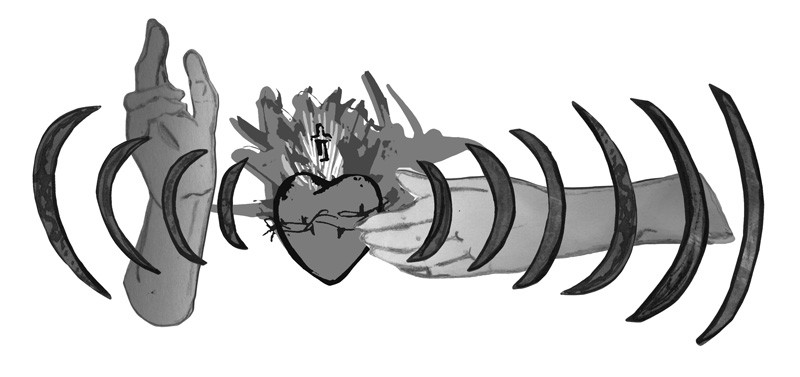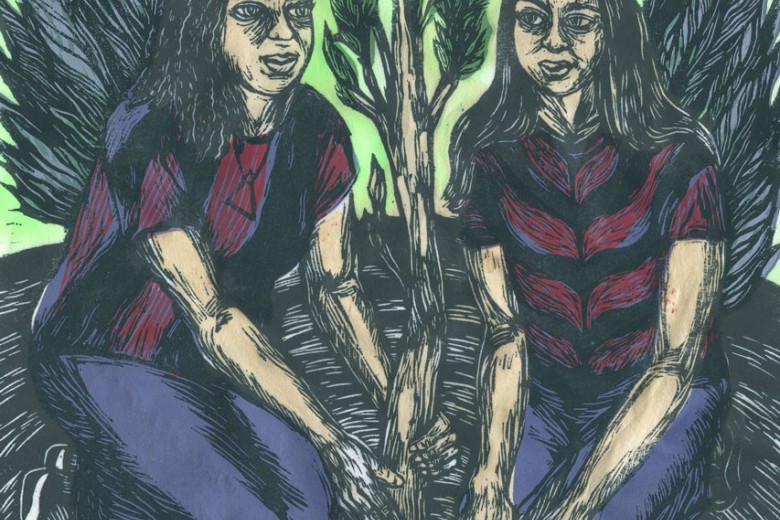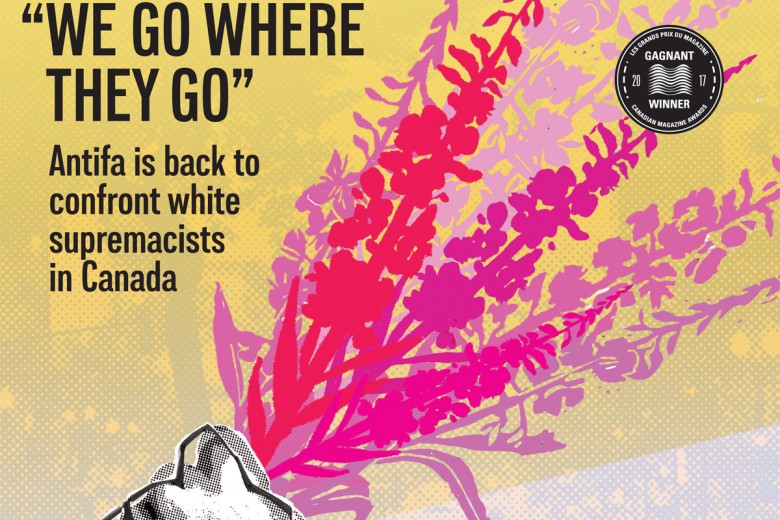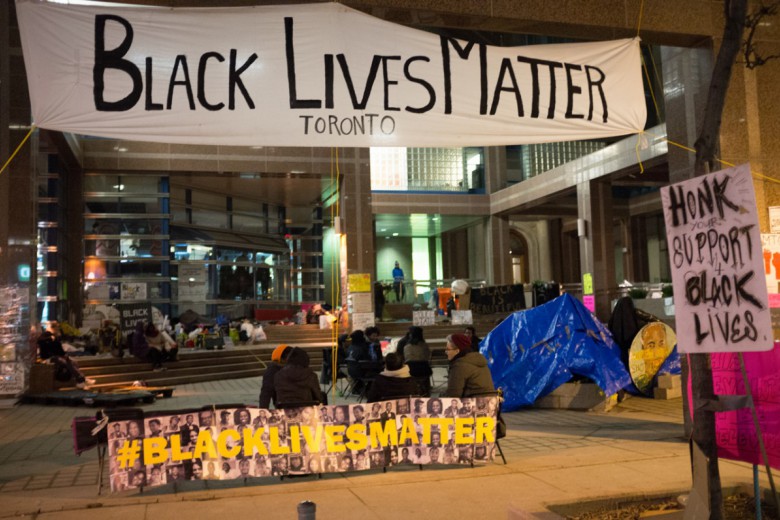
“If we focus our actions and ambitions on creating independent, atomized versions of ourselves, we will never find ease. If you look at the most contented people around you, you’ll see that the ease they exhibit is actually a peaceful and creative engagement with the world.”
— Michael Stone, “No priests, no temples”
Spirituality and activism are not strangers. The intimate relationship between the two is evident in the work of icons like Gandhi, Harriet Tubman, Malcolm X and Desmond Tutu, for whom activism was part and parcel of their commitments to something or someone beyond the sensory world.
The very concept of social justice emerges from the recognition that we are all interconnected — that your freedom is vital to my own, and that so long as anyone remains un-free no one can truly be free. Environmental justice is rooted in the same logic, extended to Mother Earth and all of the life she holds. This same concept underlies all of the world’s religious and spiritual traditions, and has been inspiring pursuits for a more just and compassionate humanity since the beginning of consciousness.
In this issue, Velcrow Ripper describes a “great heartbreak” that occurred during the industrial era, “in which we separated ourselves from Life.” He echoes the analysis put forth by David Suzuki, who wrote in The Sacred Balance that “losing our place in the scheme of things, our specialness, even our gods, has left us with a great ache, a loss, a loneliness, a terrible emptiness.”
The arguments of Ripper and Suzuki are based on the premise that, whereas most traditional world views place human beings in a web of relationships with other forms of life, the rise of science (whereby life forms are broken down and analyzed apart from one another) and capitalism (which transformed human beings into self-interested and alienated consumers) has left our species uprooted and disoriented.
Corporations exacerbate this ubiquitous dissatisfaction by inundating us with repeated messages of inadequacy that encourage us to try to fill the void through reckless consumption. Governments and their mouthpieces in mainstream media harness our collective insecurity to instill debilitating fear of constructed enemies in order to justify their harsh security measures and outrageous abuses of power. The Islamophobia perpetuated by Western governments and corporate media in the wake of 9/11 is a prominent example of this fear-mongering, as Sumayya Kassamali explores in her article “Solidarity in Islamophobic Times.”
Of course, no amount of consumption will adequately fill the void, and succumbing to groundless fear will only serve to deepen it.
On the other hand, activism, which might be described as an active engagement with the injustices in the world, can work wonders. In the absence of a collective world view that reminds us of our intrinsic interconnectedness, social and environmental justice work provides us with a sense of purpose and place in the world.
While we consider the significant challenge of manifesting a global ecological, social and political transformation, it is vital that we connect the dots between our goals for external positive change and our own personal (emotional and spiritual) revolutions — the changes we need to create within ourselves in order for those other changes to occur.
At a lecture in Regina last year, Judy Rebick asserted that “Power is rooted in our relationships with one another. The process of changing ourselves, and the way we relate to each other, is just as important as policy change.”
The articles that follow are snapshots, from a wide variety of angles, of that fertile ground where activism and spirituality intersect. Whether it’s a school in Brazil that integrates Catholic moral teachings and social justice work, the connections between yoga and activism elucidated by Michael Stone, or the role of Buddhism in the Tibetan independence movement, these stories are examples of the powerful synergy that takes place when we unite spiritual practice with ethical action.




_780_520_90_s_c1.jpg)

